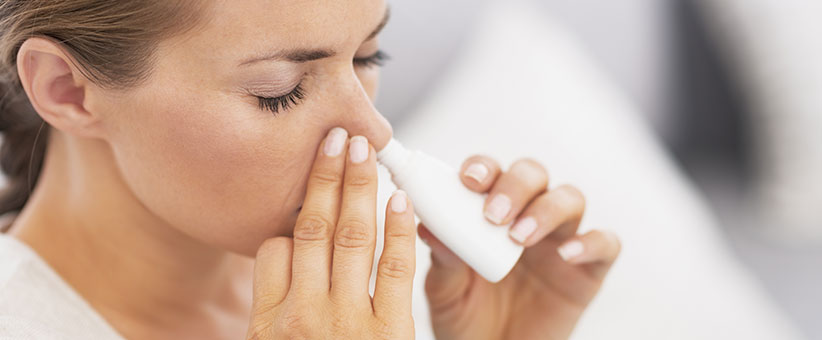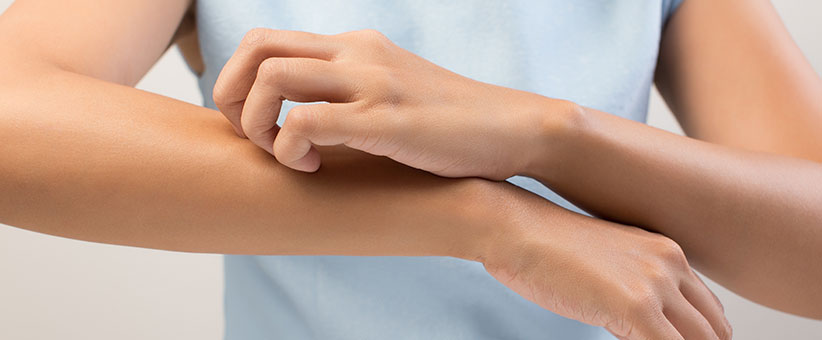Food allergies are more common than anyone realize. Most of the times, food allergies are misunderstood. There are many food allergy myths prevailing these days. People believe these myths and aggravate their allergy symptoms. Food allergies can be dangerous. It is always advisable to visit an allergy doctor whenever allergy symptoms are noticed. The allergy doctor will analyze your symptoms and provide the required treatment.
Food Allergy Myths
Food allergies initiate more than allergic reactions. They can also trigger misunderstanding and misconceptions that may confuse food allergy patients from taking the right treatment. Below mentioned are the most common food allergy myths:
Myth #1: Food Allergies are very common
Food allergies might be common, but everyone has different allergic condition. It is not possible to generalize the food allergies. Even if two people are allergic to same ingredient, their symptoms may differ.
Myth #2: Food Allergies are not dangerous
Well, this is false. Food allergies can me life-threatening. It is not good to take food allergy symptoms lightly. Anaphylaxis is a severe condition that develops rapidly and can be fatal. If you are sensitive toward any food, keep your allergy medication handy.
Myth #3: Any negative reaction to a food is a food allergy
There can be many causes behind reactions to food. You just cannot blame food allergies for every kind of stomachache. There are many conditions which can hurt your stomach, such as food intolerance, food poisoning etc. Thus, before you take allergy medication for stomachache, consult your doctor.
Myth #4: There is no need to visit an allergy doctor
Many people think that by avoiding foods with which they are allergic, they can cope up with food allergies. This is not possible. There might be plenty of foods that can cause allergic reaction in your body. You will not be able to determine those foods until and unless you visit a local allergy clinic. The allergy doctor will conduct some tests and determine the foods that can trigger allergy symptoms. Also, it is important to see allergy doctor for the right allergy medication.
Note: This article does not replace doctor’s advice. Please consult with your doctor before making any changes in your lifestyle.










